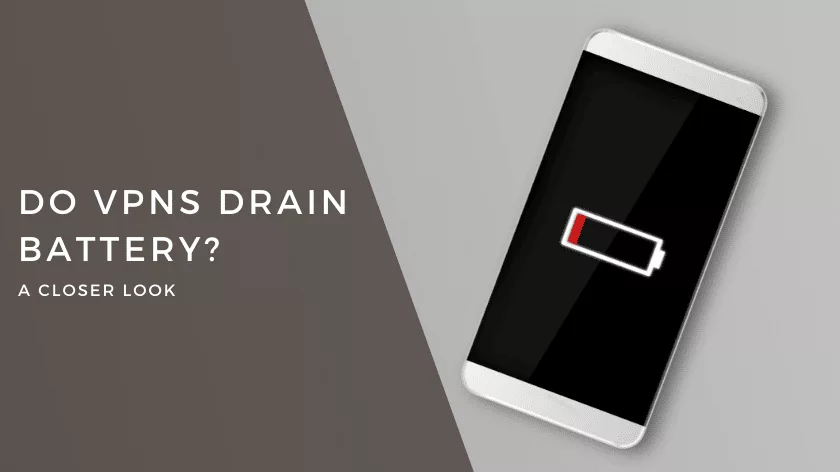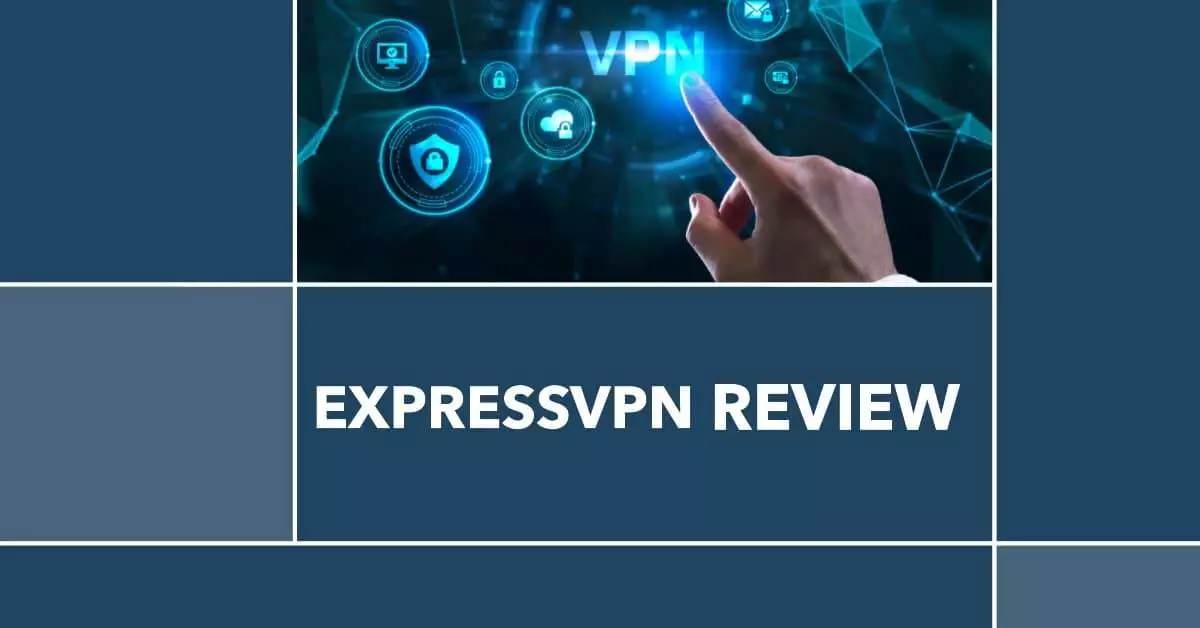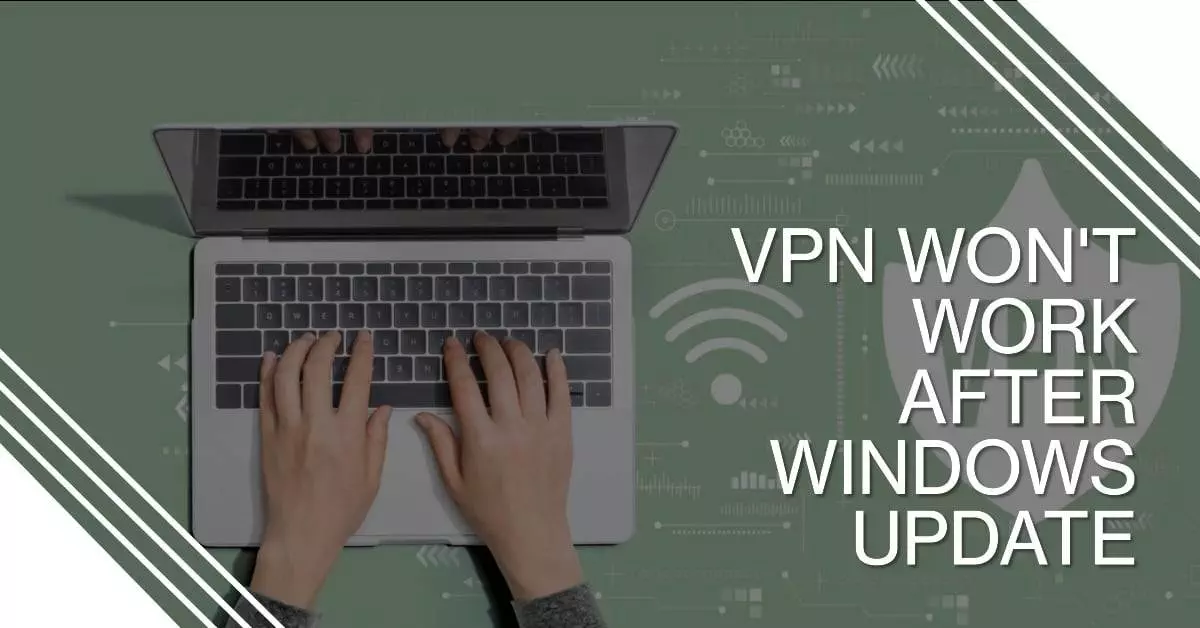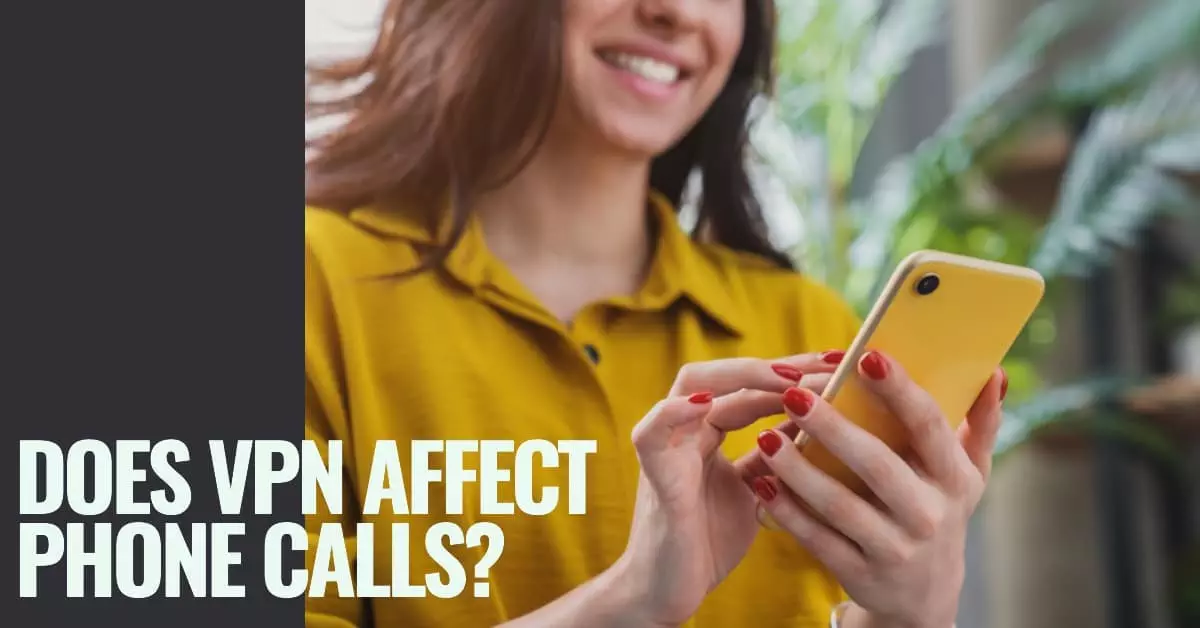If you’re looking for ways to stay safe online, using a VPN is undoubtedly one of the best things you can do. But do VPNs drain battery?
The quick answer is yes, it can indeed have an impact on your battery life.
Fortunately, there’s usually no need to worry about this. While a VPN will consume a small amount of extra battery power, it’s not enough to make a significant difference. In fact, you may find that the peace of mind a VPN provides is worth the slight battery trade-off.
Continue reading to discover everything you need to know about how VPNs affect your battery life and how you can keep your device running longer.
The Pros and Cons of VPNs
There are both pros and cons to using a VPN. On the plus side, VPNs can encrypt your traffic and help to keep your data safe from third-party snoops. They can also help to bypass geo-restrictions and censorship and give you a more private and secure browsing experience.
However, VPNs can also have some downsides. They can sometimes slow down your connection and be tricky to set up. Additionally, some VPNs have been known to log user data, which defeats the purpose of using a VPN in the first place.
As you can see, there are benefits and drawbacks to using a VPN – you just have to decide if investing in one is the right decision for you. But if you’re looking to take your online privacy and security to a whole new level, it’s well worth considering.
Do VPNs Drastically Drain Your Battery?
It’s no secret that phones are a big part of our lives. We rely on them for everything from keeping in touch with our loved ones to getting work done while we’re on the go. So, it’s no surprise that we want to keep them charged and ready to go as much as possible.
So, you may be wondering, does using a VPN consume a lot of battery?
Well, it depends.
If you’re using a VPN that constantly encrypts and decrypts your data, it can take up more battery power than a VPN that doesn’t. However, a number of factors can affect how much battery power a VPN uses, including the type of VPN you’re using, the strength of the encryption, and how often you’re using the VPN.
There are a few reasons why a VPN might consume slightly more battery. First, it’s constantly encrypting and decrypting your data, which takes up a bit of processing power. Second, if you’re using a VPN server located far away, your data has to travel a longer distance, which can also impact battery life.
That said, the impact on battery life is likely to be minimal. So if you’re worried about conserving battery life, there are other things you can do that will have a more significant impact, like reducing screen brightness, disabling background app refresh, and so on.
How to Keep Your VPN’s Battery Consumption to a Minimum
Your VPN’s battery consumption can be a real drag on your productivity, especially if you’re constantly on the go. Here are a few simple tips to help you keep your battery usage to a minimum:
- Use a power-saving mode: Many VPNs offer a power-saving mode that will help to reduce your battery consumption. This mode can typically be found in your VPN’s settings menu.
- Connect to a server closer to your location: The further away your VPN’s server is, the more your battery will be used to maintain the connection. Connecting to a server closer to your location can help to reduce your battery usage.
- Use a lighter-weight VPN protocol: Some VPN protocols are more resource-intensive than others. If your battery usage is a concern, consider using a lighter-weight protocol such as L2TP/IPsec or PPTP.
- Disconnect from your VPN when you’re not using it: This may seem obvious, but it’s worth mentioning. If you’re not using your VPN, there’s no reason to keep it active. Disconnecting from your VPN will help to save your battery.
How to Choose a VPN
There are several factors to consider when choosing a VPN service that suits your needs. Here are a few key considerations:
1. What is your budget?
A wide range of VPN services is available, from free to subscription-based. A free VPN service may be a good option if you’re on a tight budget. However, remember that free VPN services often have limited features and data caps.
2. What is your level of technical expertise?
If you’re not particularly technically savvy, then you’ll want to choose a VPN service that is easy to set up and use. Some VPN services require you to manually set up connections, while others have apps you can install with a few clicks.
3. What are your privacy and security needs?
This is an important consideration, as different VPN services offer different levels of privacy and security. For example, some VPNs encrypt your data, while others simply route your traffic through a server.
4. What are your geographical needs?
If you need to access geo-restricted content or want to ensure that your traffic is encrypted when traveling, then you’ll need to choose a VPN service with servers in the relevant country.
5. What are your bandwidth needs?
Some VPN services offer unlimited bandwidth, while others have data caps or restrictions on the amount of data you can transfer. This is important if you plan on streaming video or downloading large files.
Once you’ve considered all of these factors, you should be able to narrow down your choices and choose a VPN service that suits your needs.
Conclusion
As you’ll now know, a VPN can use up a lot of battery depending on how you’re using it. For example, if you use a VPN to stream videos or download large files, it will likely use up more battery than if you’re using it for occasional web browsing.
But even if it does impact your battery life, the fact that it’s keeping your personal information safe and secure is well worth the extra hit.
Just be sure to carry a charger and/or power bank with you if you think you might need to top up later in the day. It’s better to be safe than sorry!




Leave a Reply